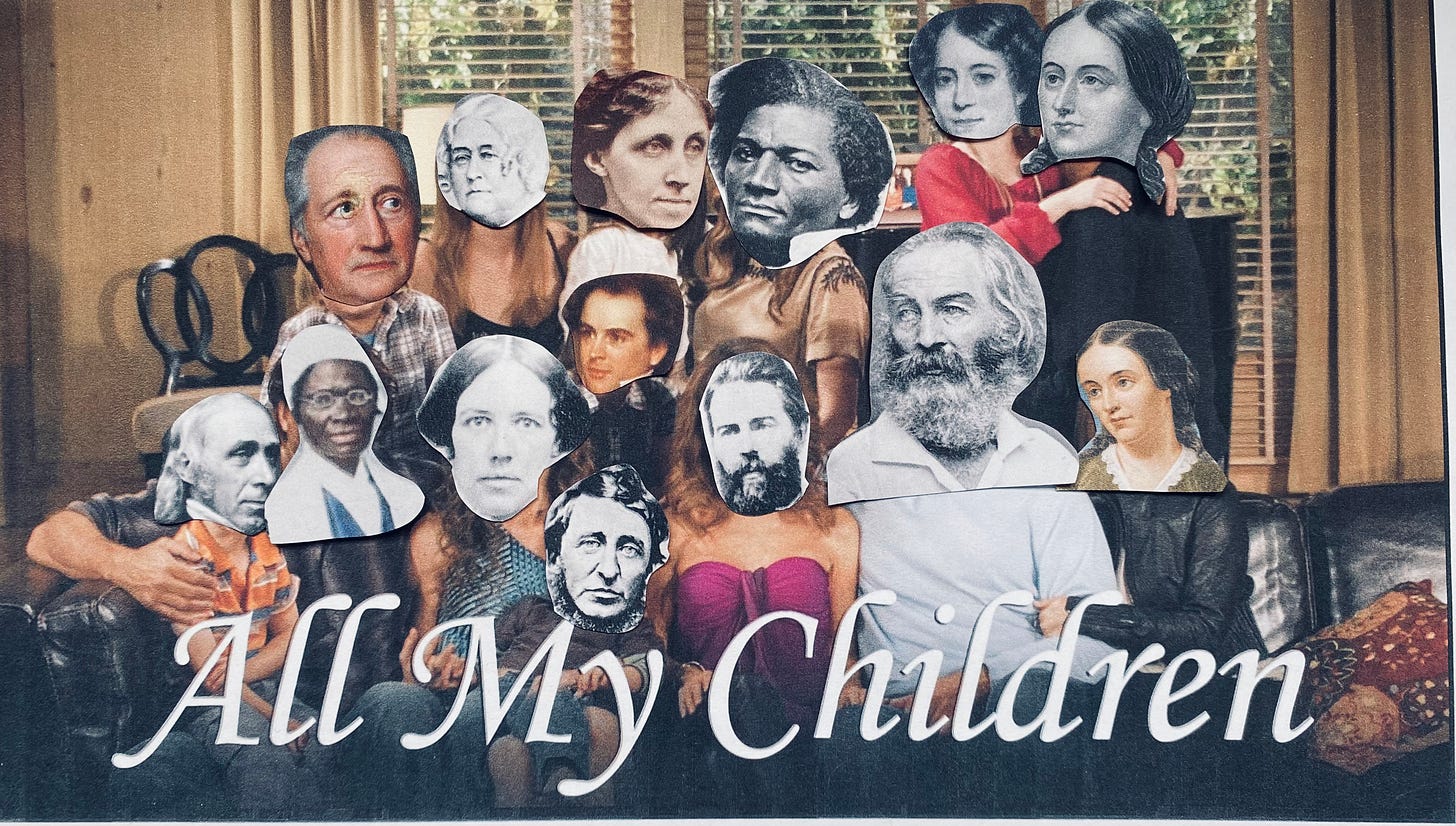It does not do to become bogged down with sorrow and grief for the way things are, because this is not always how they will be. “Better” and “Worse” are subjective states, and while there are many things “better” about the methodology of thought that lends itself to more freedom for many people, there are also ways we are being constrained. I, as a woma…
© 2025 Steph Cleary
Substack is the home for great culture




